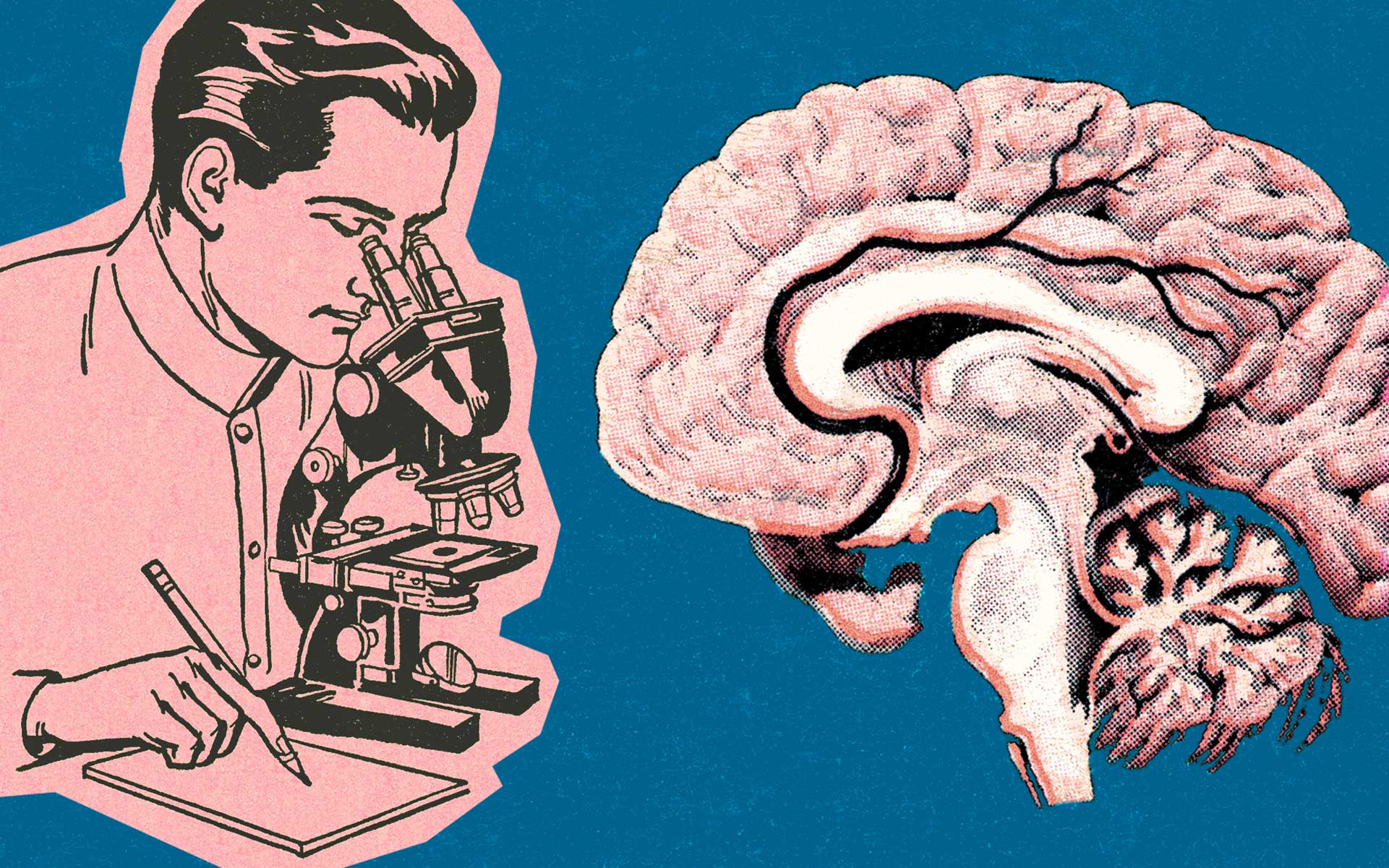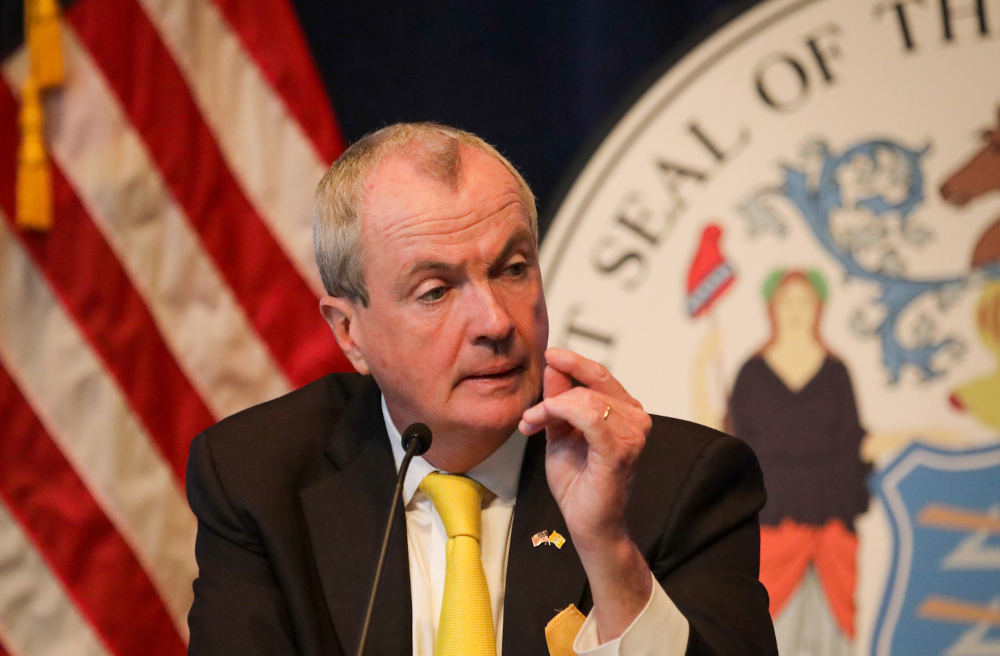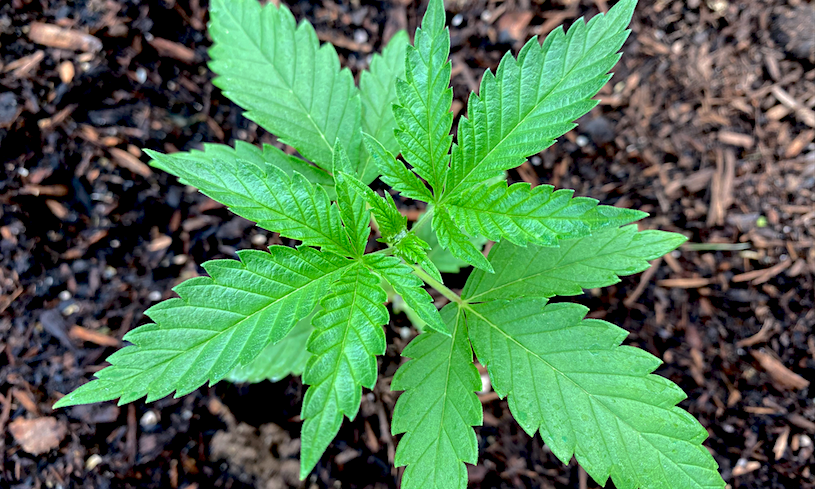Maryland lawmakers convened for another marijuana legalization workgroup meeting on Thursday, with members hearing from cannabis policy experts about market demand considerations once a regulated systems of sales launches.
The House Cannabis Referendum and Legalization Workgroup—which was formed in 2021 by Speaker Adrienne Jones (D)—listened to a presentation from the firm Cannabis Public Policy Consulting (CPPC) that overviewed the issue.
The final MGA Cannabis Workgroup meeting of this interim is underway. Today, we receive a presentation on market demand and taxation in the cannabis industry. Of course, our work will continue into #mdga23.
Tune into this meeting here: https://t.co/L7ONsRs6kH
— Luke Clippinger (@LukeClippinger) January 5, 2023
Members have been holding numerous meetings like this to inform future regulations following Maryland voters’ approval of a legalization referendum during last year’s election, which triggered the implementation of complementary legislation covering rules for basic policies like possession and low-level home cultivation.
“In the upcoming session, we’ll have to work again very diligently to deliver comprehensive and thoughtful legislation to address the significant components of cannabis legalization related to its economic impacts,” Del. Luke Clippinger (D), who sponsored both the referendum bill as well as a complementary implementation measure and serves as the chair of the workgroup, said at Thursday’s meeting.
Two CPPC staffers presented members with the results of an empirical study focused on Maryland that the firm conducted. It was based on a large-scale survey of thousands of Marylanders, who shared information about their frequency of use, amount of cannabis consumed and more.
They projected that Maryland can expect to hit $1 billion in adult-use marijuana sales within 20 months of the market launching. The study also reached the conclusion that the effective tax rate for cannabis should not exceed 20 percent, and the state should open at least 300 dispensaries, in order to effectively transition consumers to the regulated market.
As their previous meeting last month, the workgroup focused on drug testing policy for workers and drivers. In November, members held a meeting to discuss how to tax cannabis and distribute revenue.
Clippinger emphasized at the close of Thursday’s meeting that “the legislature will be working on this issue very, very closely in the 2023 session.”
The language of the ballot referendum that legalized marijuana in Maryland was straightforward, but where the more complex aspects of the reform come into play is with the complementary HB 837.
Under that legislation, the purchase and possession of up to 1.5 ounces of cannabis will be legal for adults. The legislation also will remove criminal penalties for possession of up to 2.5 ounces. Adults 21 and older will be allowed to grow up to two plants for personal use and gift cannabis without remuneration.
Past convictions for conduct made legal under the proposed law will be automatically expunged, and people currently serving time for such offenses will be eligible for resentencing. The legislation makes it so people with convictions for possession with intent to distribute can petition the courts for expungement three years after serving out their time.
Parts of the referendum took effect at the beginning of the month. Possession of up to 1.5 ounces of cannabis became a civil offense, punishable by a $100 fine, with a $250 fine in place for more than 1.5 ounces and up to 2.5 ounces. Full legalization for up to 1.5 ounces won’t kick in for another several months.
—
Marijuana Moment is tracking hundreds of cannabis, psychedelics and drug policy bills in state legislatures and Congress this year. Patreon supporters pledging at least $25/month get access to our interactive maps, charts and hearing calendar so they don’t miss any developments.
Learn more about our marijuana bill tracker and become a supporter on Patreon to get access.
—
Adult-use legalization began to advance through Maryland’s legislature in the 2021 session, but no votes were ultimately held. The Senate Finance Committee held a hearing that year on a legalization bill, which followed a House Judiciary Committee hearing on a separate cannabis proposal.
Maryland legalized medical cannabis through an act of the legislature in 2012. Two years later, a decriminalization law took effect that replaced criminal penalties for possession of less than 10 grams of marijuana with a civil fine of $100 to $500.
Meanwhile, Gov. Larry Hogan (R) separately allowed a bill to create a state fund to provide “cost-free” access to psychedelics like psilocybin, MDMA and ketamine for military veterans suffering from post-traumatic stress disorder (PTSD) and traumatic brain injury to take effect without his signature last year.
Minnesota Lawmakers Unveil Revised Marijuana Legalization Bill, With Committee Hearing Scheduled Next Week
Read the full article here





